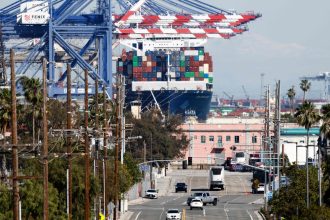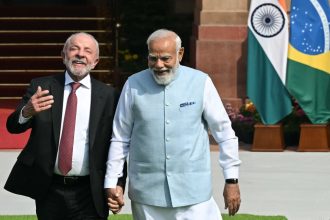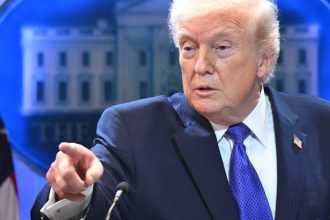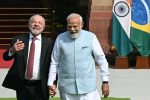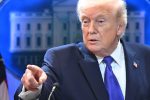In a surprising yet pragmatic shift, US President Donald Trump appears to have softened his administration’s previous hardline stance on H-1B visa reforms — signalling a recognition that America’s technological and industrial future depends on attracting skilled foreign talent.
Speaking in an interview with Fox News host Laura Ingraham on Tuesday (local time), Trump defended the importance of specialised immigrant workers, admitting that the US cannot simply rely on long-term unemployed citizens to fill highly technical roles in sectors like defence, manufacturing, and advanced technology.
“I agree, but you also have to bring this talent,” Trump said, underscoring the need to blend American labour with global expertise to maintain the nation’s competitive edge.
While the President reaffirmed his support for increasing wages for American workers, he stressed that industries demanding specialised knowledge cannot thrive without foreign professionals — especially in fields that require years of training and hands-on experience.
His comments come just weeks after signing a proclamation in September introducing sweeping changes to the H-1B visa system, including a substantial fee increase from approximately USD 1,500 to USD 100,000 for new applications filed after September 21. The US State Department later clarified that this fee applies only to new petitions and lottery entries, leaving existing visa holders unaffected.
When challenged with the claim that “the US has plenty of talented people,” Trump replied candidly, “No, you don’t. There are certain skills you don’t have, and people have to learn them. You can’t take people off the unemployment line and say, ‘I’m going to put you into a factory where we’re going to make missiles.’”
He referenced a real-world example from Georgia, where the absence of skilled South Korean workers disrupted operations at an under-construction Hyundai battery plant. “Making batteries is very complicated and very dangerous — a lot of explosions, a lot of problems,” Trump said, emphasizing that such industries demand highly trained professionals, not quick replacements.
Trump’s recent comments represent a nuanced recalibration of his earlier rhetoric, suggesting that while his administration remains committed to protecting American jobs, it also acknowledges the essential role of global collaboration in advancing innovation, security, and economic growth.
In a world increasingly defined by technological complexity, Trump’s softened tone may reflect a broader realization — that progress, productivity, and power often depend not on isolation, but on integration.



